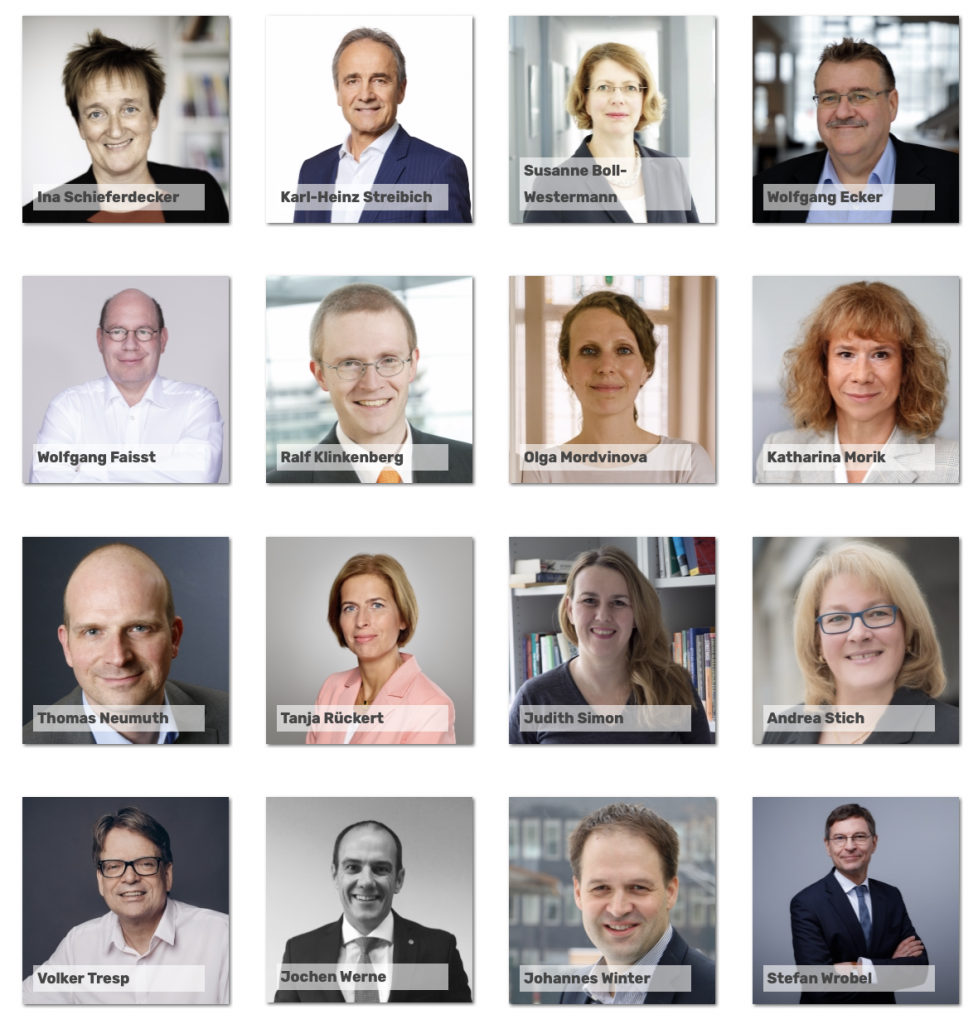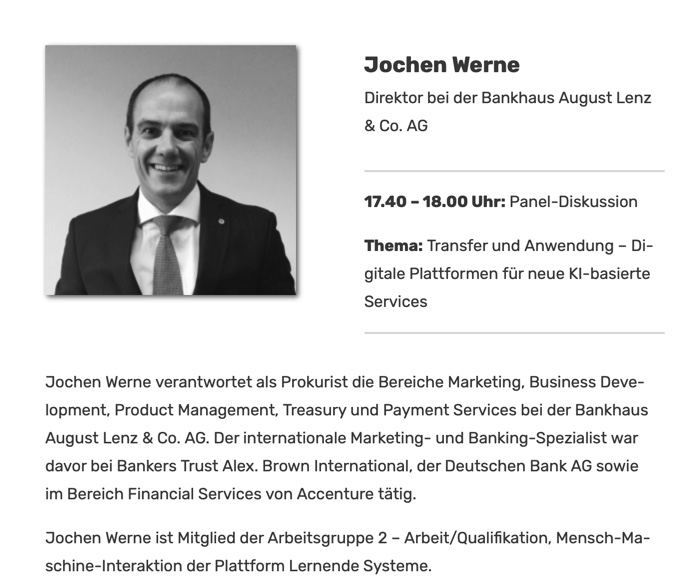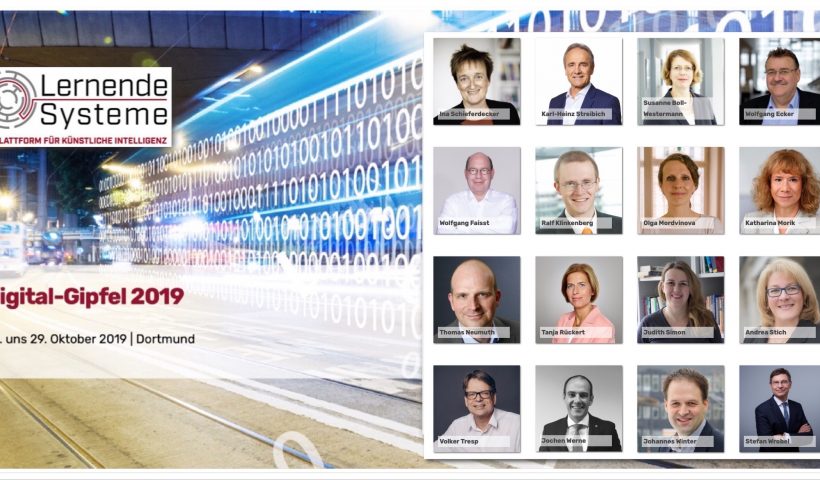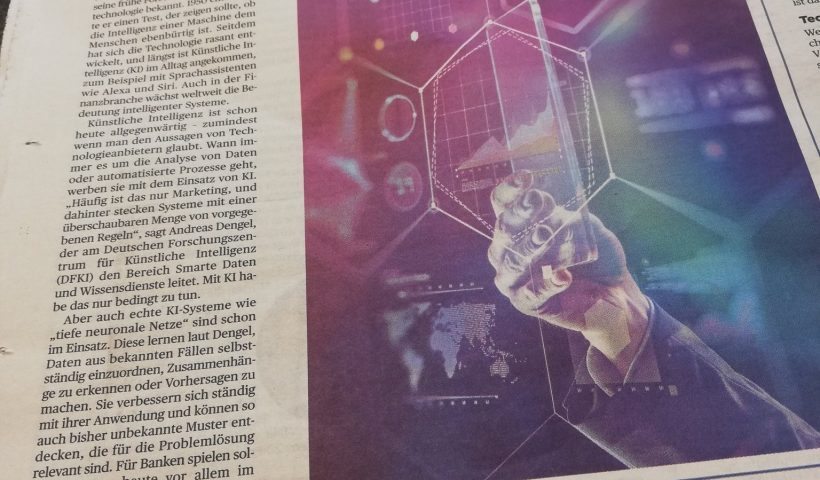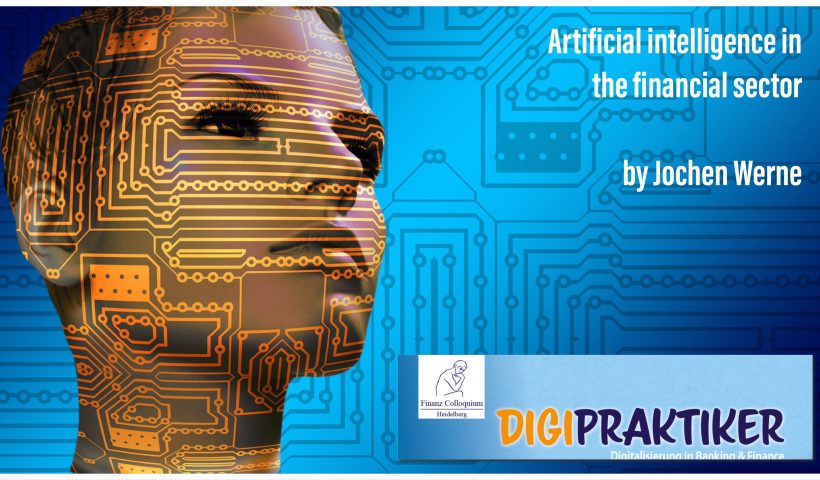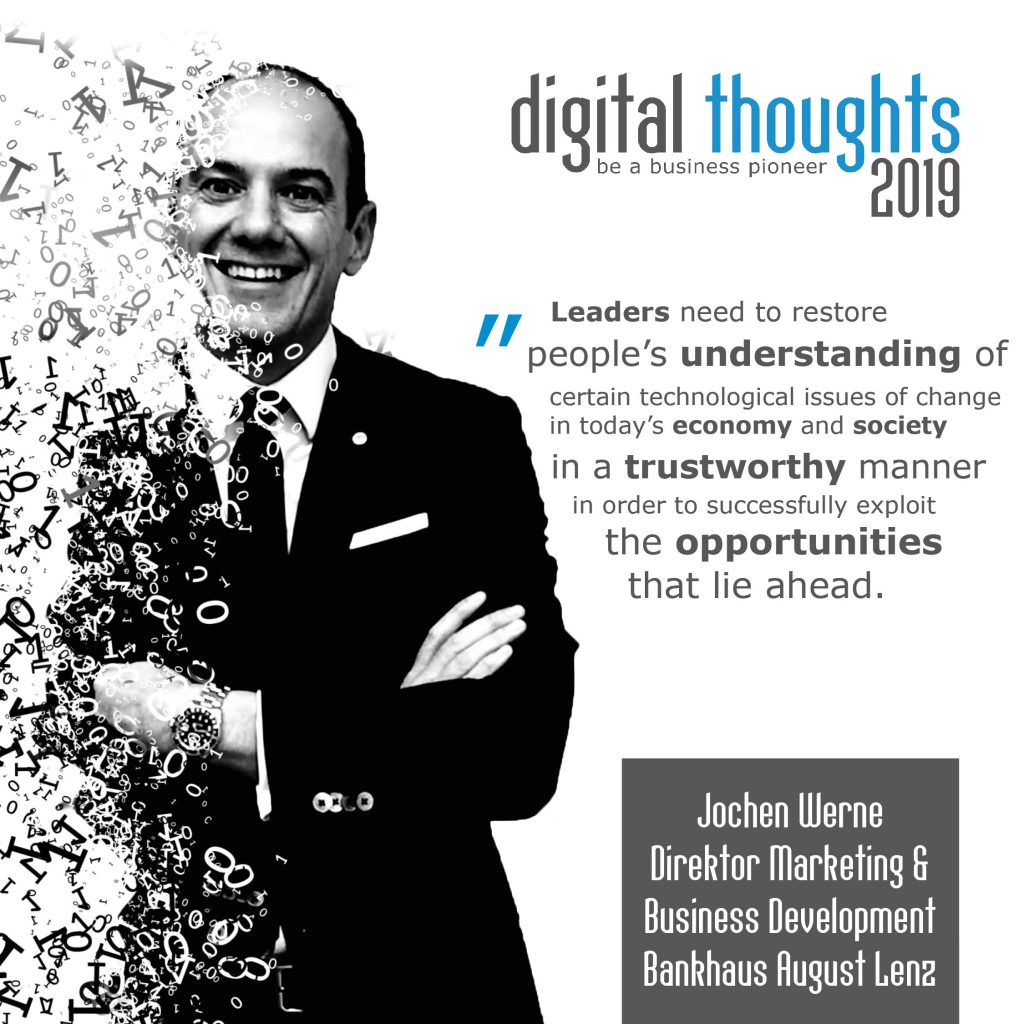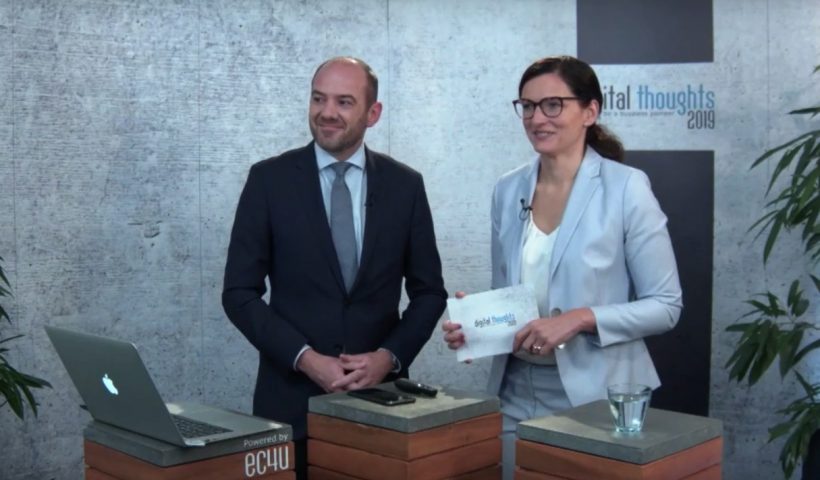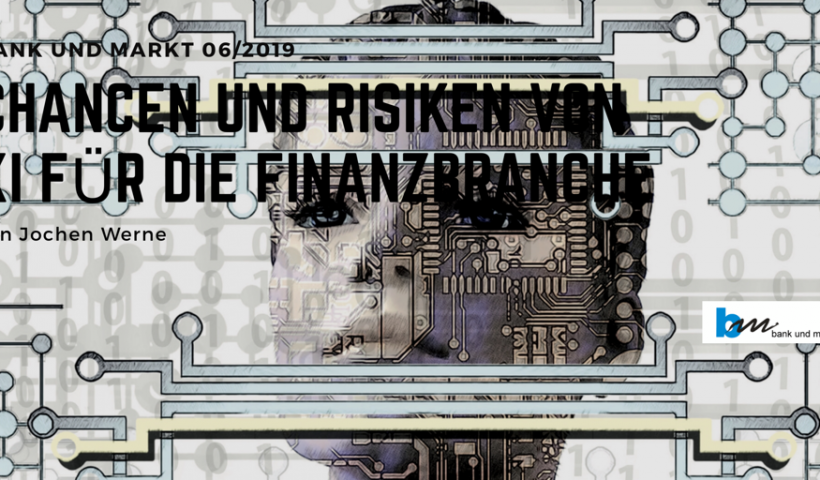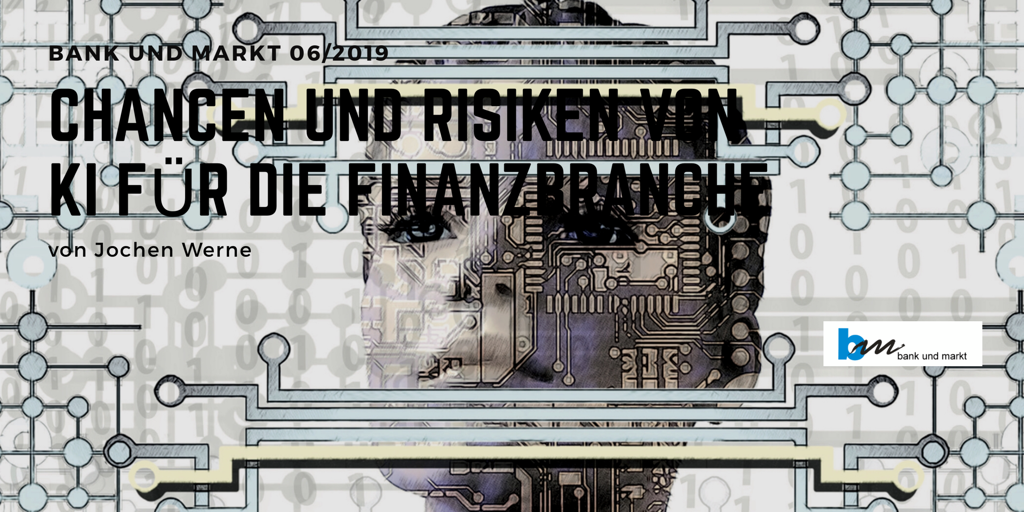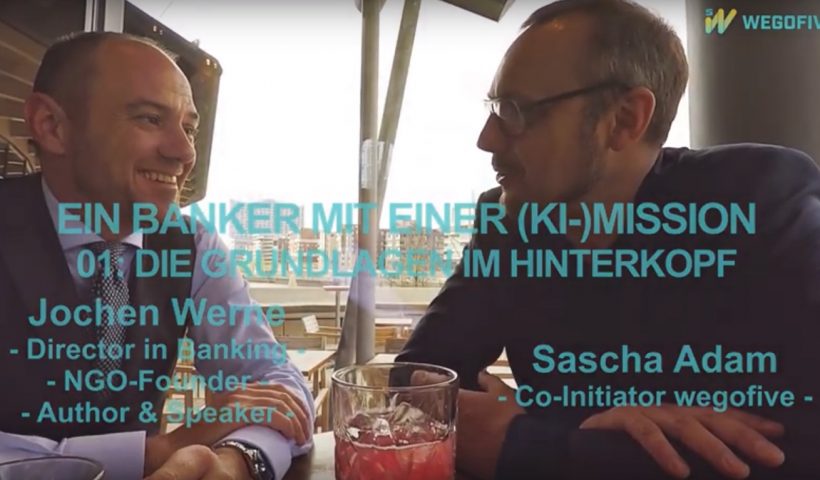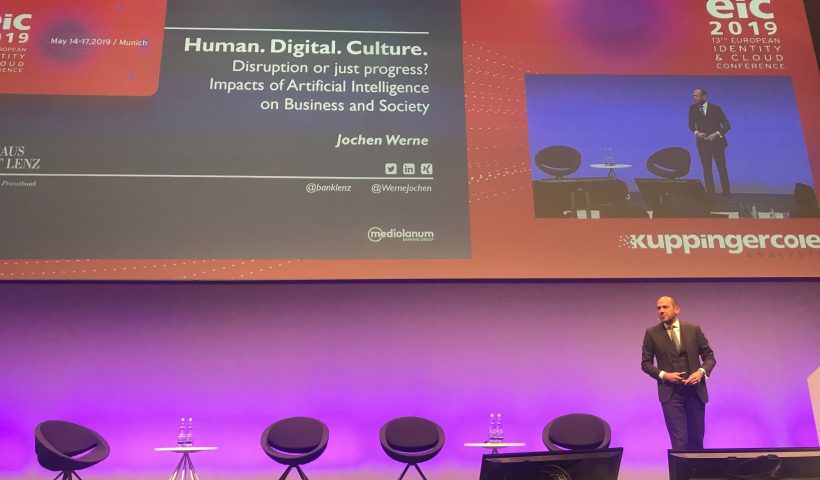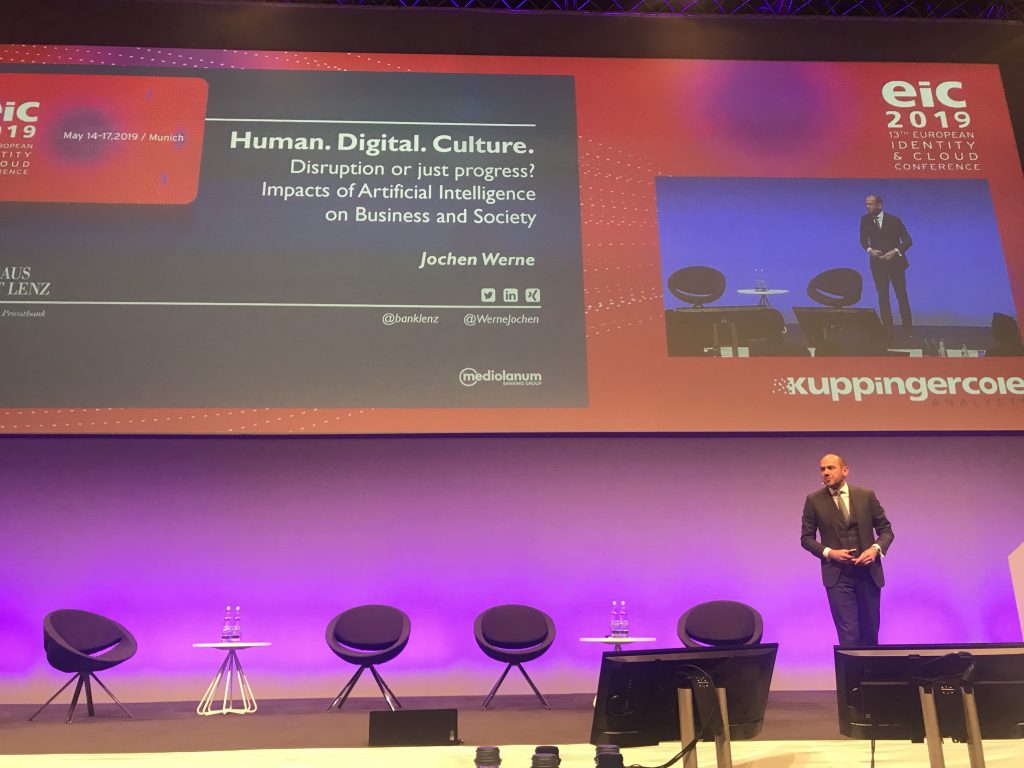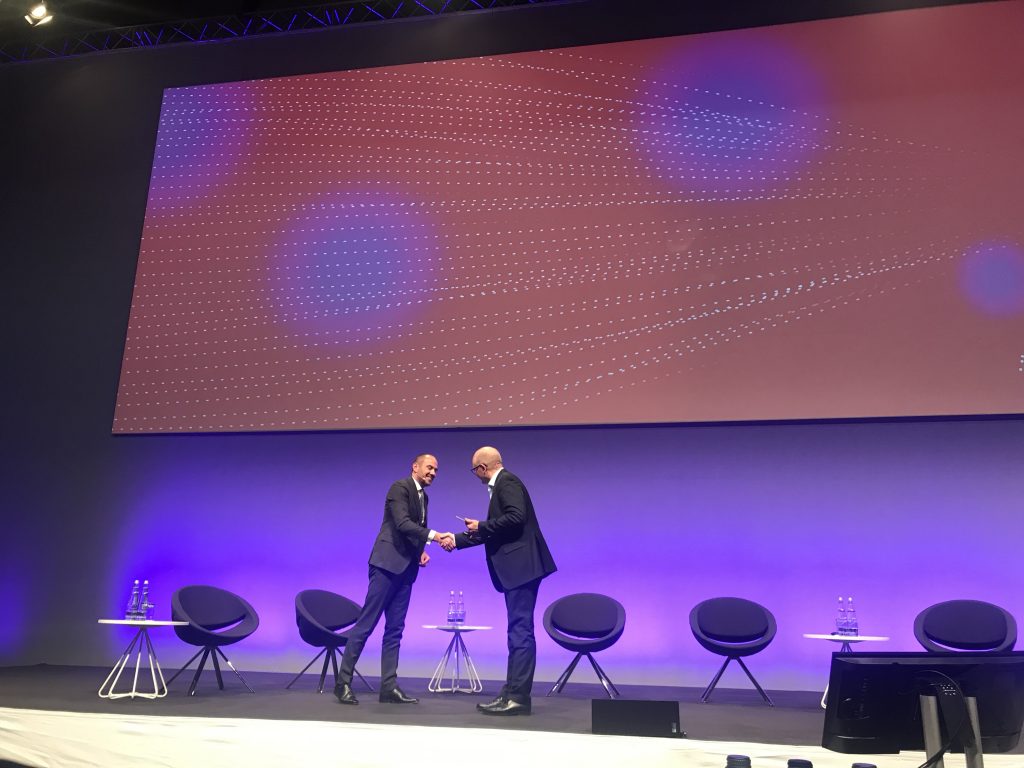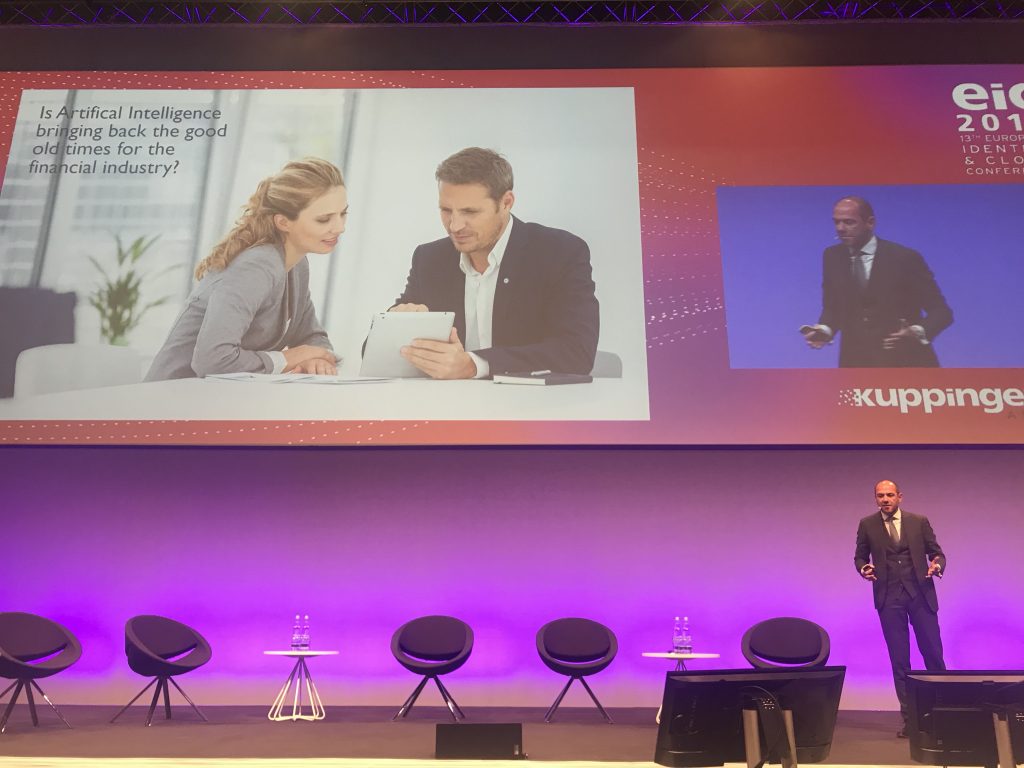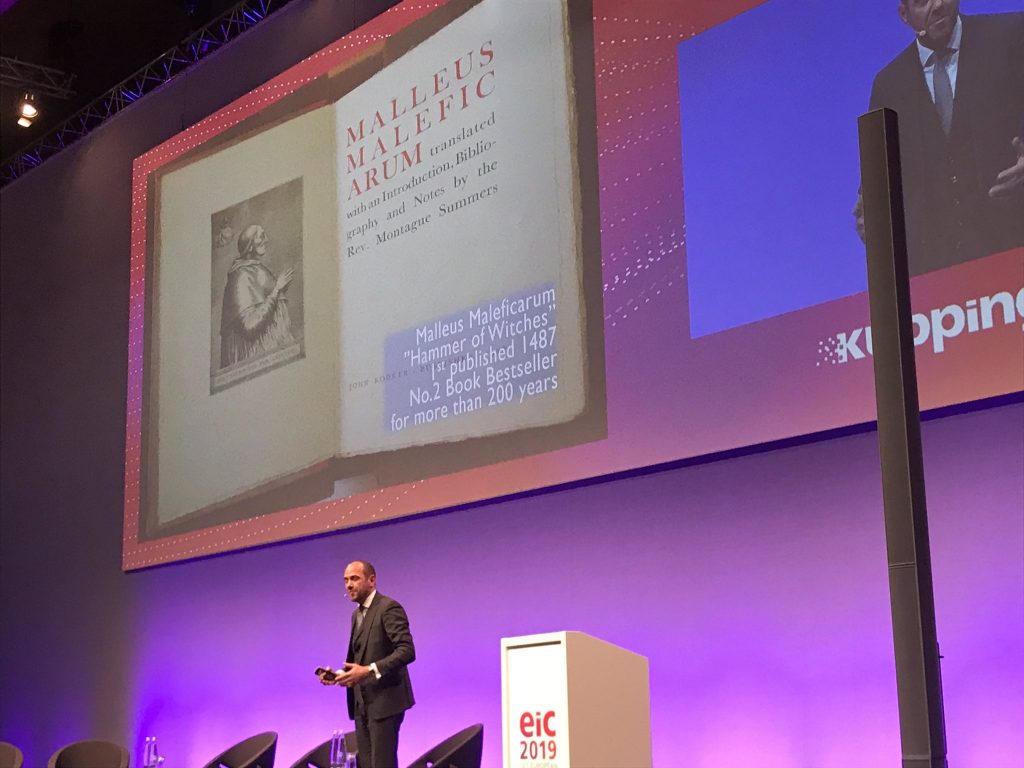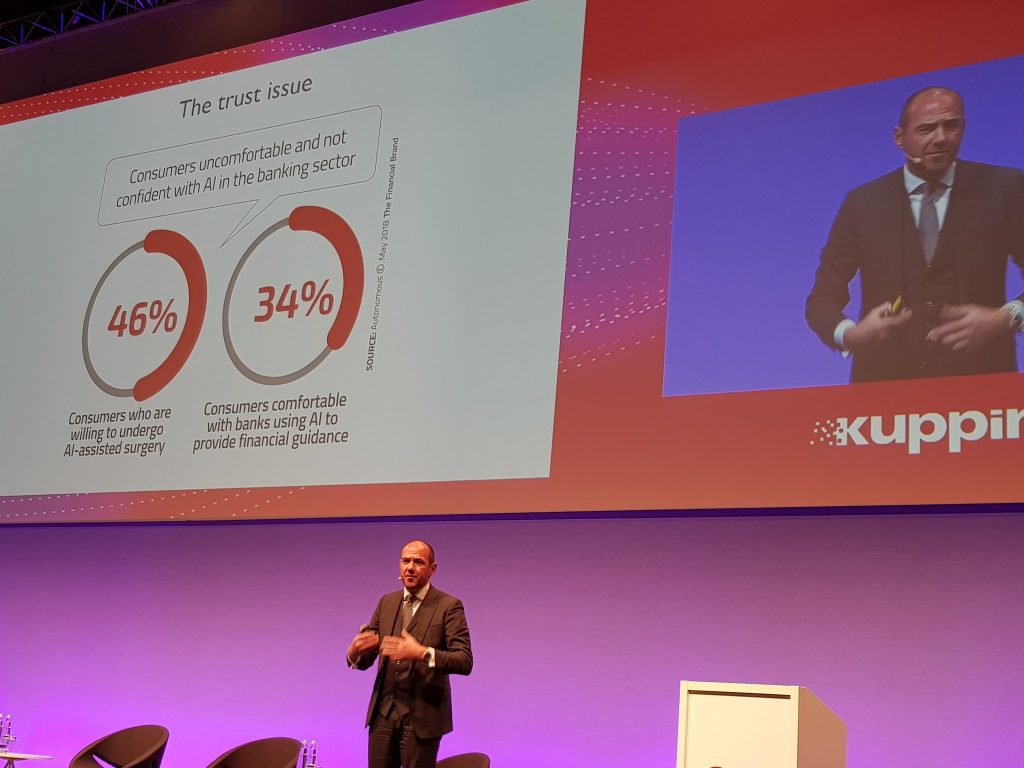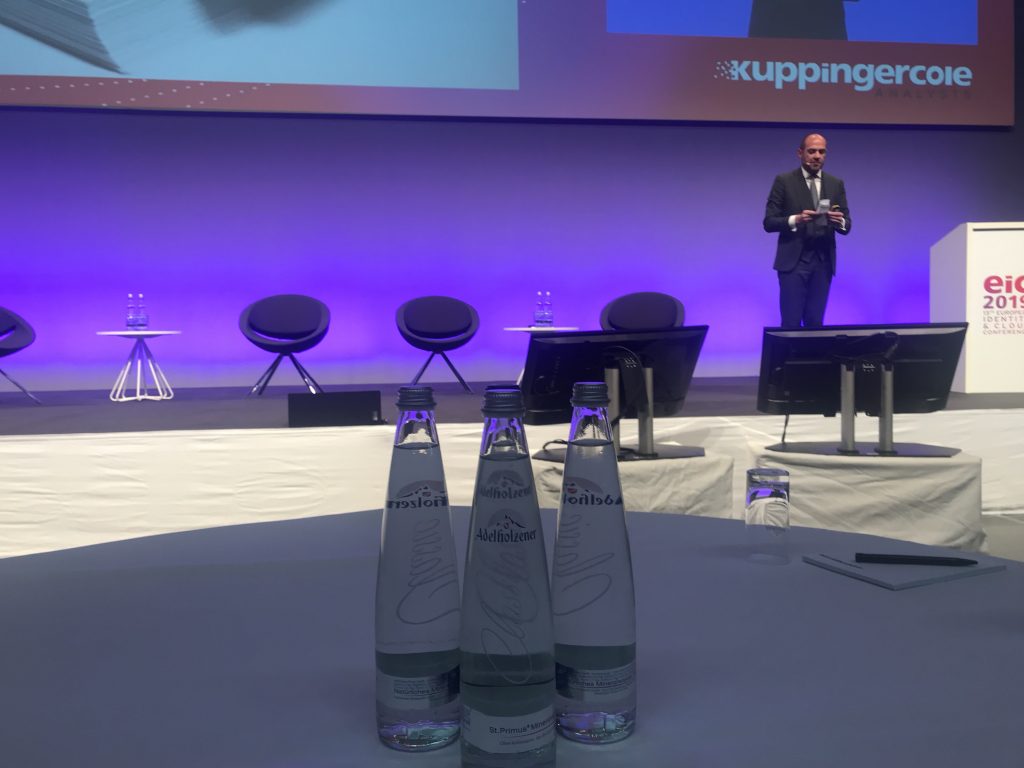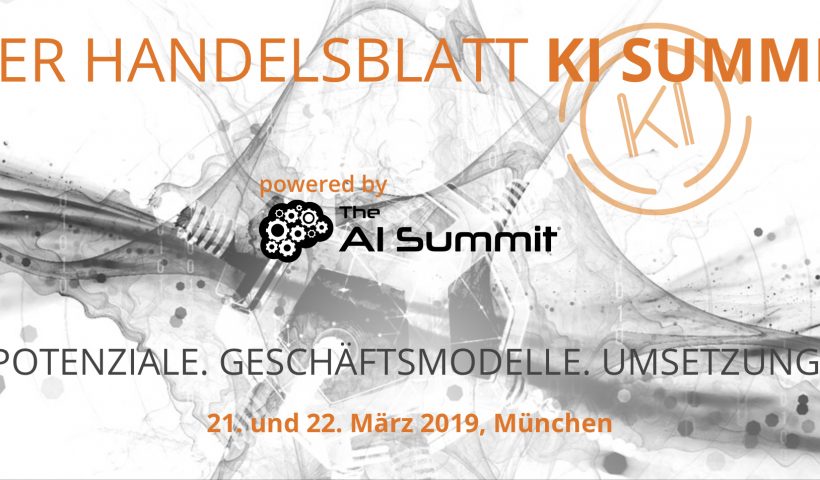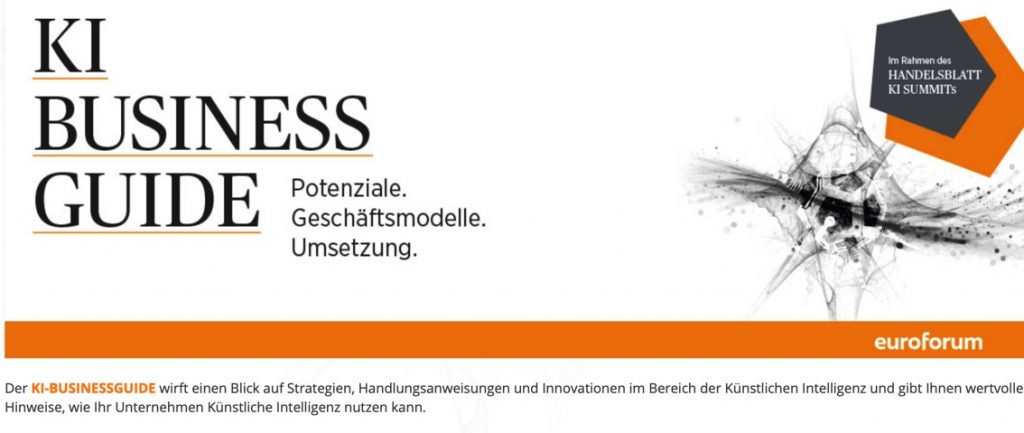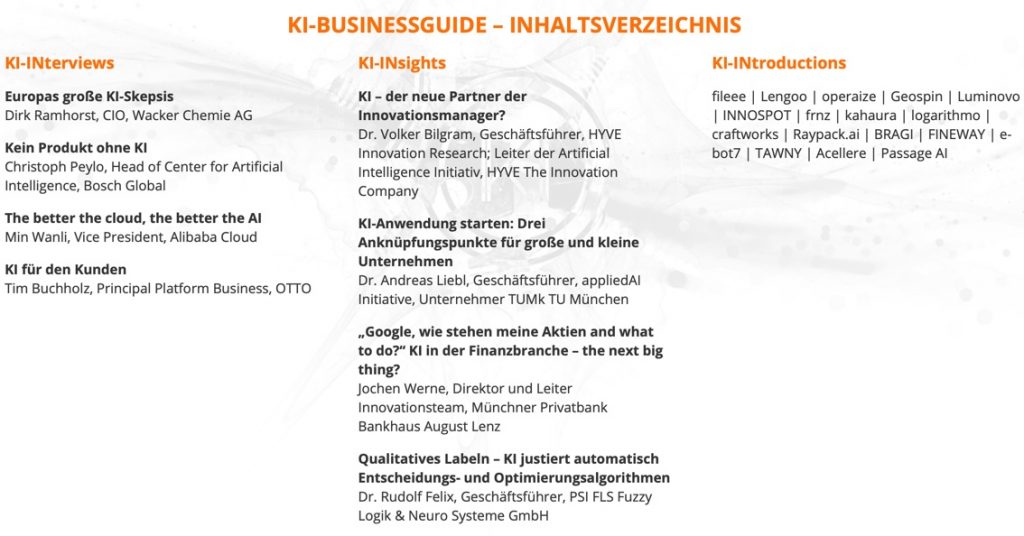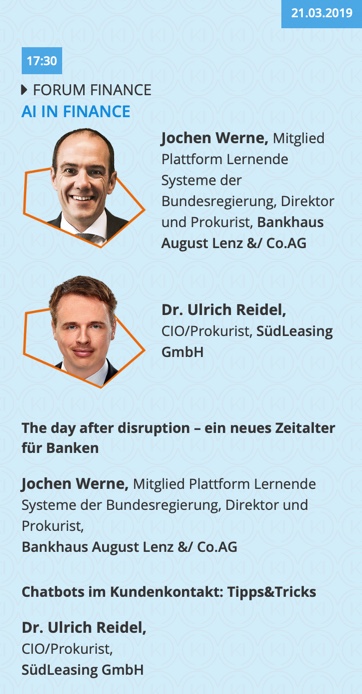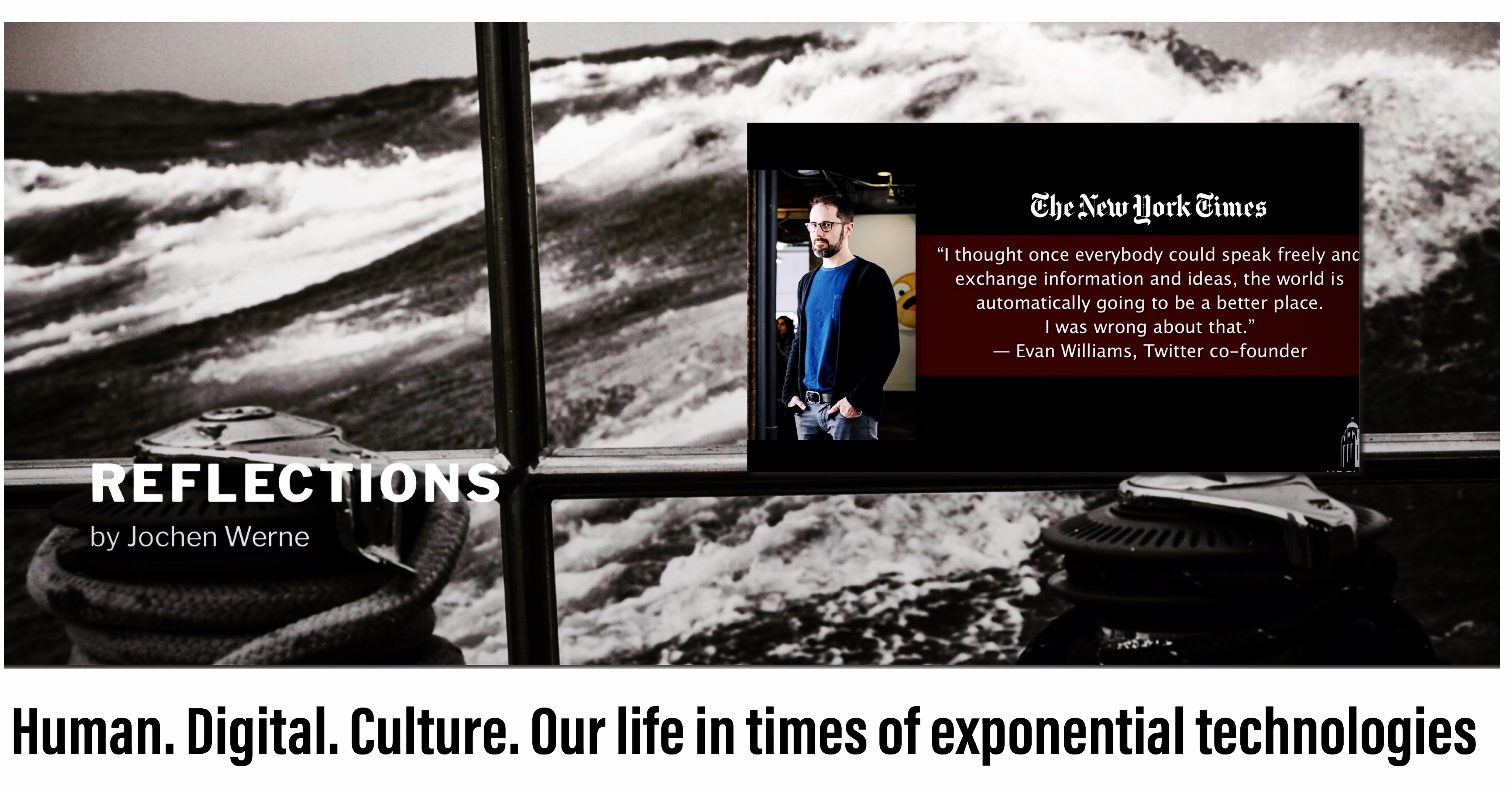16 January 2019 – Author: Jochen Werne
Almost every day, experts in the media try to create a historical analogy for us in order to explain the dynamics and speed with which changes are taking place today at all levels of our lives – from private consumption and our working world to international politics. Often analogies are drawn to different decades of the 20th century. The prominent British historian and Harvard professor Niall Ferguson contradicts these comparisons and sees an analogy rather in the effects that the invention of the printing press in the 15th century had on our lives and on our society. Only that today the changes due to exponential technologies and the Internet take place much faster.
For us as the HUMAN Factor, these comparisons are incredibly important. In times of uncertainty, they help us to better assess the changes and thus at least maintain a certain reassuring feeling of security and explainability. However, if we do not succeed in setting the right filters in times of social media and “information overload”, we run the risk that this feeling of understanding does not materialize and that we all too easily become victims of supposedly simple explanations and “fake news”. Ferguson uses a striking example to illustrate that this is not a new phenomenon and that serious technological changes have also brought major and often turbulent changes to society. In times of the invention of book printing, knowledge was spread more cheaply and a broad part of the population gained access to higher education. One of the first books to be printed in large numbers was the Bible. But also other writings, like “Malleus Maleficarum” or in English the “Hammer of Witches” became famous. The “Fake News” book served to justify the persecution of witches, appeared in 29 editions and has been second place on the book bestseller list for 200 years.
At the latest since the end of the 1990s, since the mass “democratization” of the Internet, our lives have been shaped by the exponential progress of modern technologies. The associated digitalization – the DIGITAL Factor – is not only a technical and economic challenge, but also a societal one. However, the enlightened man began, not to accept everything that a “Beautiful New World”, sometimes reminiscent of Aldous Huxley’s novel, promises. This is shown by citizen projects such as the so-called “Charter of Digital Fundamental Rights” of the European Union.
The word “exponential” automatically hides the logical conclusion that change will take place even faster in the future. These changes affect almost every industry and what is seen today as a billion-dollar future market can quickly become a basic business with significantly lower costs and thus significantly lower profit margins tomorrow. The camera chip of our smartphones costs today only about two to three Euros, a Spotify subscription, and thus the access to an incredible amount of music, only a few Euros a month.
The conclusion for companies in the 21st century is simple: Those who do not understand these exponential dynamics of technical development or do not take them sufficiently into account in their business model can quickly lose touch – not only with customers but also with potential business partners. But why is it so difficult for us to correctly assess the development potential of the technologies? The answer: People think linearly. This is why technologies are usually overestimated at the beginning of their development, but tend to be underestimated in the long run. This was first described in 1965 by the Intel engineer Gordon Moore – later known as Moore´s Law, one of the essential theoretical foundations of the “digital revolution”. In times of exponential technologies, our society risks a split between the group of people with an affinity for digital and digital natives and a group of people who have growing difficulties with the speed of change of our time. The latter have not learnt to keep pace with fast-moving digital innovations due to their low affinity, age or lack of points of contact in everyday life.
Throughout history, new technological possibilities have always come with threatening concepts that have been published and discussed on all media channels available during this period. Today it is: “total transparency”, “transparent consumer”, “constant availability” or even job loss due to ongoing automation and artificial intelligence. At the social and state level, attempts are being made to counteract such fears, to increase competitiveness and to involve the population in the process of change. Two of the many good examples referring to Germany are the strategy on artificial intelligence put in place by the Federal Government and the Platform for Learning Systems initiated by the Federal Ministry of Education and Research.
It is important never to forget, that every change – even if the trigger is a rapidly developing technology – requires a certain time horizon to be implemented and to create broad acceptance. Here the “CULTURE Factor” often comes into play. One example is cash. While the Scandinavian countries, above all Sweden, are about to digitalize their payment systems to a large extent, in Germany currently about 80 percent of all transactions are carried out with cash.
In every business model, global trends need to be identified, changes need to be driven, and local conditions need to be taken into account in order to be successful in this market. The same formula applies to societal change. Especially when it comes to creating an agenda for the use of new technologies for the benefit of our society.
————–
Photo from Niall Ferguson and Peter Robinson discuss networks and hierarchies throughout history in this episode of Uncommon Knowledge. Quote from the New York Times article “‘The Internet Is Broken’: @ev Is Trying to Salvage It” by David Streitfeld
